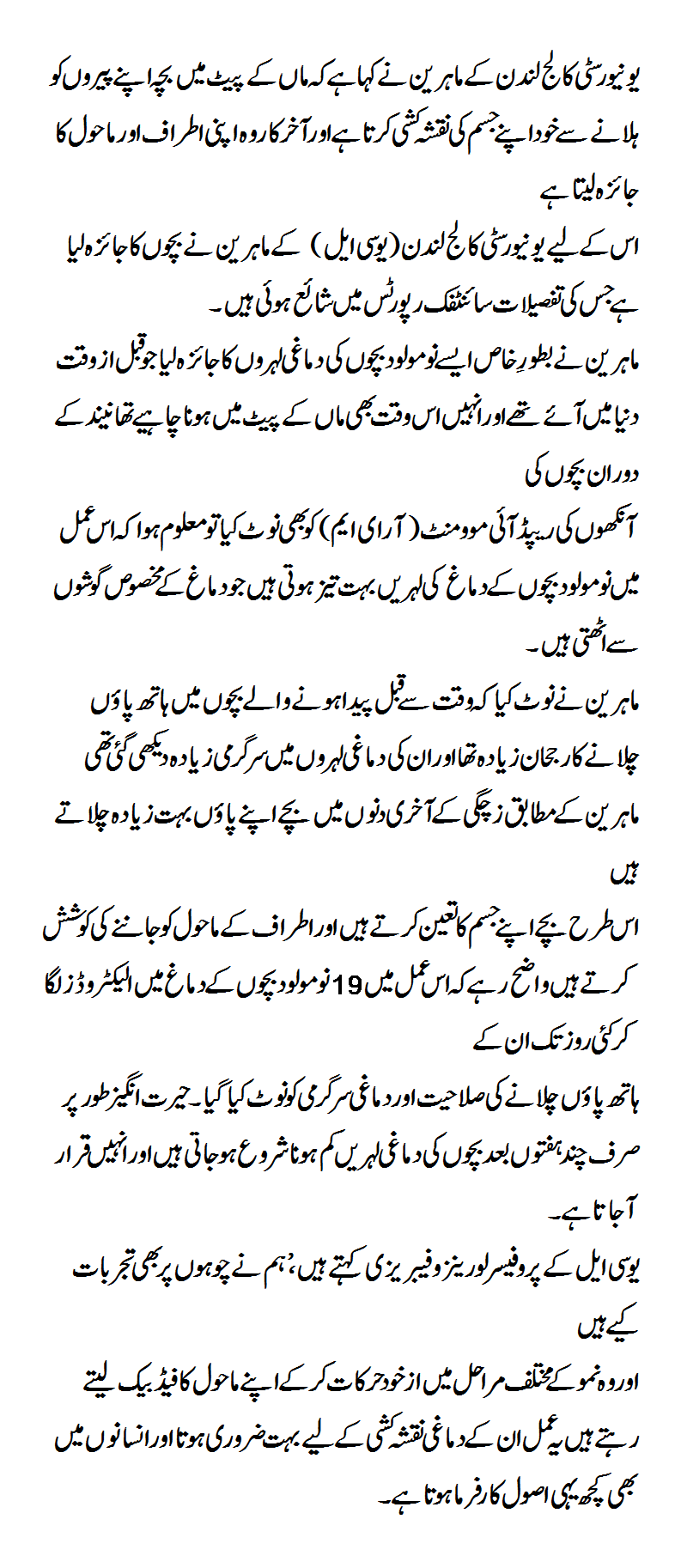The first time a pregnant woman feels her baby kick can be surprising — a sudden reminder that the tiny creature growing inside her has a mind of its own. But why do babies kick?
Though the womb is a tight space in which to exercise, it turns out that those kicks are vital for the baby’s healthy bone and joint development, an expert told Live Science.
Fetuses begin moving in the womb about as early as 7 weeks, when they slowly bend their necks, according to a review paper published in the journal Ultrasound in Obstetrics & Gynecology. As the babies grow, they gradually add more movements to their repertoire,
such as hiccupping, arm and leg movements, stretching, yawning, and thumb sucking. But the mom won’t feel the bigger movements — such as kicks and punches — until 16 to 18 weeks into her pregnancy, when the baby is a bit stronger. [In Photos: How Babies Learn]
An entire field of research is dedicated to figuring out whether the baby is in control of its movement or if those movements are just a reflex, said Niamh Nowlan, a bioengineer at Imperial College London. “Early movements are likely to be purely reflex,”
Nowlan told Live Science in an email, but as the movements become more coordinated, “it’s likely the brain is in control of how much and when the baby moves.” (Reflexes, on the other hand, come from the spinal cord and don’t require input from the brain.)
Scientists may not know for sure if the movements are voluntary or involuntary, but Nowlan said the research is clear that movement is important. “The baby needs to move [in the womb] to be healthy after birth, particularly for their bones and joints,” she said. In a review she published in the journal European Cells and Materials, Nowlan described how a lack of fetal movement can lead to a variety of congenital disorders, such as shortened joints and thin bones that are susceptible to fracture.
